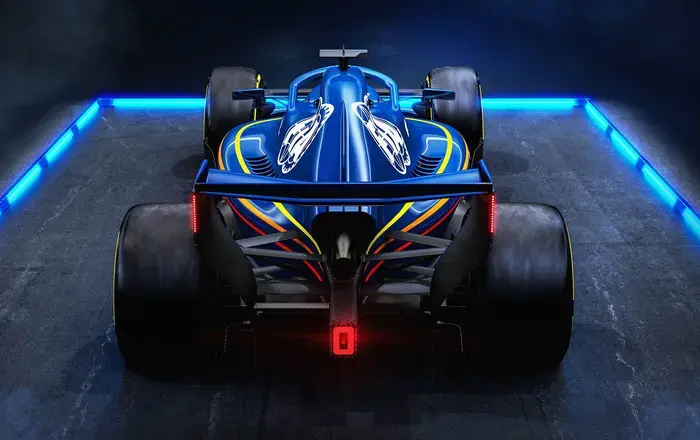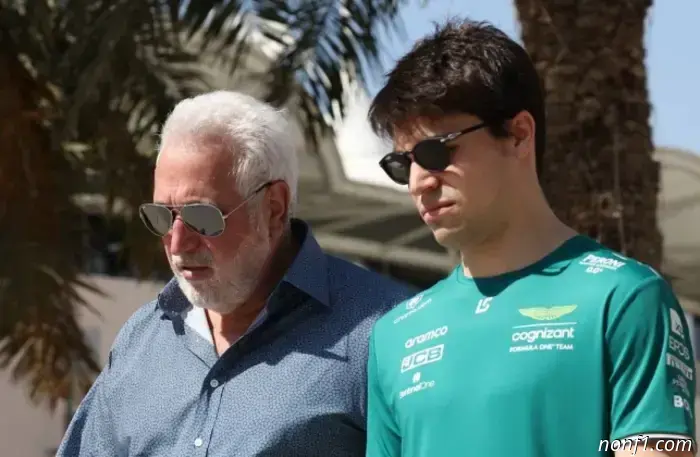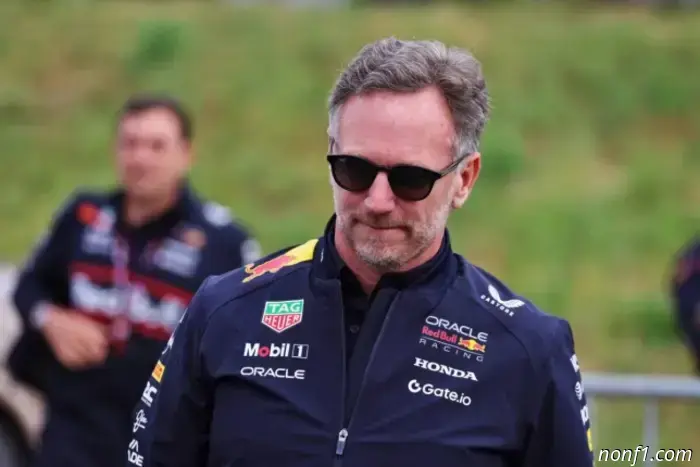
Tombazis supports the 2026 F1 regulations in response to driver criticism.
"We haven’t finalized the rules yet,"
FIA single-seater chief Nikolas Tombazis maintains that the drastic regulations for Formula 1 in 2026 are still under development, as top drivers express concerns over slower cars and intense energy management. Several prominent figures have criticized the current simulator models, stating that the new hybrids deplete their electrical power midway down the straights, necessitating continuous pace control and diverting focus from pure driving.
"We haven’t finalized the rules yet," Tombazis told Auto Motor und Sport. "We’ve been aware of the issues since the beginning and have been addressing and resolving them incrementally. Before the season starts next year, we’ll introduce more measures to enhance energy flow and ensure that the cars do not abruptly slow down on the straights or exhibit any other unnatural behavior."
"Many of the observations regarding the car dynamics are premature," he emphasized. "The product is not yet complete." He mentioned that not all teams and manufacturers are being "equally transparent" with their data, but noted that there is "general consensus on how to tackle the issues."
The fundamental specifications—400kW from the combustion engine and 350kW from the battery—are "set in stone," according to Tombazis. Addressing concerns about the sport becoming focused on battery conservation, Tombazis clarified, "There’s no desire to turn Formula 1 into a strategic game centered on energy management. We don’t want drivers to intentionally ease off the accelerator to conserve energy while driving."
"A top driver needs to grasp energy management, but the primary focus will still be on braking at the right moments, cornering efficiently, and accelerating optimally." He projected that lap times would initially be 1-2.5 seconds slower, but stated, "Soon, no one will complain that the cars are too slow." A "boost button" will substitute for DRS, with settings adjusted for each circuit.
Regarding the potential return of 2014-style dominance, Tombazis indicated that new cost cap regulations and "additional development opportunities" will assist any lagging manufacturer in catching up. However, Mercedes chief Toto Wolff suggests that the Brackley team might already be well-prepared for the new era: "We will finally be rid of these ground-effect cars that didn’t really work for us," he stated, "and will have a completely new engine."
"Our development has been dedicated to this project for an extended period," Wolff added. "I believe the latter half of the season can be promising, while all research and development is directed towards next year’s car."

Other articles
 Domenicali asks people to refrain from harsh judgments about the reforms.
Stefano Domenicali warned the championship participants in advance not to rush to conclusions and to refrain from making overly harsh judgments at the start of the next season...
Domenicali asks people to refrain from harsh judgments about the reforms.
Stefano Domenicali warned the championship participants in advance not to rush to conclusions and to refrain from making overly harsh judgments at the start of the next season...
 Schumacher: Lawrence Stroll faces a difficult choice
Ralf Schumacher stated bluntly: if Lawrence Stroll wants his Aston Martin to contend for the Constructors' Championship in the future, he will have to make a difficult decision...
Schumacher: Lawrence Stroll faces a difficult choice
Ralf Schumacher stated bluntly: if Lawrence Stroll wants his Aston Martin to contend for the Constructors' Championship in the future, he will have to make a difficult decision...
 Horner's contract with Red Bull has been officially terminated.
Christian Horner's contract with Red Bull Racing has been officially terminated — a record of this appeared yesterday in Companies House, the register of British companies...
Horner's contract with Red Bull has been officially terminated.
Christian Horner's contract with Red Bull Racing has been officially terminated — a record of this appeared yesterday in Companies House, the register of British companies...
 Sargeant is back with a driver management agreement.
Formula 1 | Merely a few months after seemingly stepping away from motorsport completely, Logan Sargeant has secured a contract with Oliver Gavin Motorsport Management (OGMM) to (…)
Sargeant is back with a driver management agreement.
Formula 1 | Merely a few months after seemingly stepping away from motorsport completely, Logan Sargeant has secured a contract with Oliver Gavin Motorsport Management (OGMM) to (…)
 Logan Sargeant will continue his career in sports car racing.
British company Oliver Gavin Motorsport Management announced that its new client is Logan Sargeant, who will continue his career in endurance racing...
Logan Sargeant will continue his career in sports car racing.
British company Oliver Gavin Motorsport Management announced that its new client is Logan Sargeant, who will continue his career in endurance racing...
Tombazis supports the 2026 F1 regulations in response to driver criticism.
Formula 1 | Nikolas Tombazis, the head of FIA single-seater racing, emphasizes that the major regulations for 2026 are still under refinement, as top drivers express concerns about (…)
